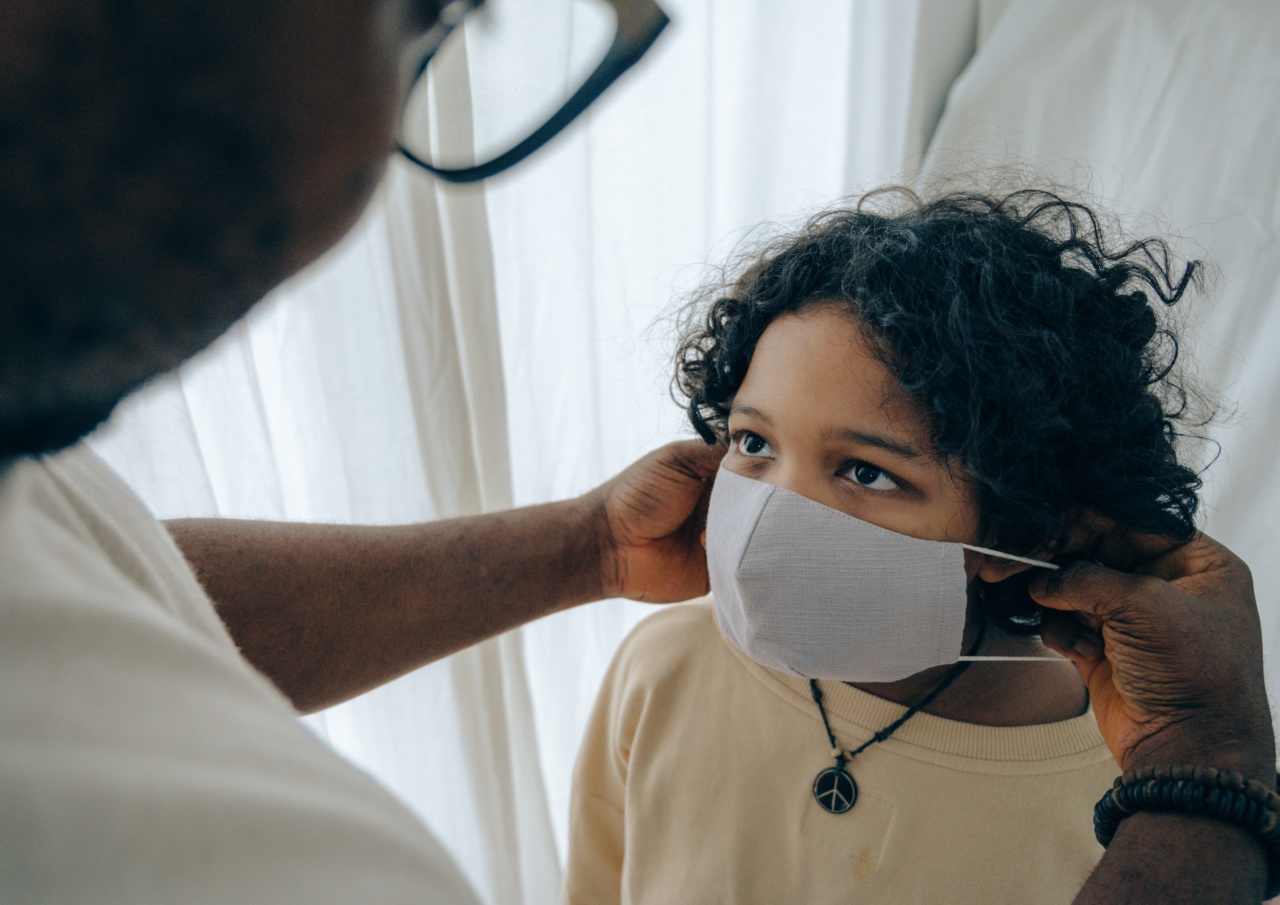The summer camp season in the United States is a time for fun, adventure, and making new friends. However, the time spent in these camps can also expose children to a range of viruses that can make them sick.
In fact, in recent years, there have been reports of multi-virus infections among children who attended summer camps in the country.
What are Multi-Virus Infections?
A multi-virus infection is a condition where a single individual is infected with more than one virus at the same time. In children, these infections can cause a range of symptoms, including fever, cough, cold, sore throat, and fatigue.
Multi-virus infections are not uncommon among children, especially during the winter months when flu and other respiratory viruses are rampant.
Why are Children Vulnerable to Multi-Virus Infections?
Children are more vulnerable to multi-virus infections than adults. This is because their immune systems are not fully developed, and they have not had enough exposure to different viruses to build up immunity.
Additionally, children are more likely to be in close contact with other children, which makes it easier for viruses to spread.
Summer Camps and Multi-Virus Infections
Summer camps provide an ideal environment for multi-virus infections to spread among children. This is because children are in close quarters with each other, sharing living spaces, dining halls, and recreational areas.
Additionally, many summer camps take place in wooded areas and near lakes, which can increase the risk of exposure to viruses.
Furthermore, many summer camps operate for several weeks, which means that children are living in close contact with each other for extended periods, making it easier for viruses to spread.
The communal nature of summer camps also means that a single infected child can easily infect others, leading to widespread outbreaks.
Preventing Multi-Virus Infections at Summer Camps
There are several steps that summer camps can take to prevent multi-virus infections among their campers. These include:.
1. Vaccinations
Summer camps should require all campers to be up-to-date on their vaccinations. This can help to prevent the spread of common viruses such as measles, mumps, and rubella.
Additionally, campers should receive flu shots before attending camp, especially if they are at high risk for complications from flu.
2. Hand hygiene
Campers should be taught the importance of good hand hygiene, including frequent hand washing with soap and water. Sanitizing gels and wipes should also be made available in all communal areas, including dining halls, restrooms, and recreational areas.
3. Personal hygiene
Campers should be encouraged to maintain good personal hygiene, including regular bathing and washing of clothes. They should also be taught to cover their mouths when coughing or sneezing and to dispose of used tissues properly.
4. Social distancing
Camps should consider implementing social distancing measures, such as staggering meal times and activities, to reduce the risk of close contact between campers. Additionally, campers should be encouraged to stay home if they are feeling unwell.
5. Screening and testing
Summer camps should consider screening campers for symptoms of illness before they arrive at camp. Additionally, they should have a plan in place for testing and isolating campers who show symptoms of illness during their stay.
6. Cleaning and disinfecting
All communal areas, including dining halls, restrooms, and recreational areas, should be regularly cleaned and disinfected. This includes frequently touched surfaces such as doorknobs, light switches, and handrails.
Conclusion
Sending your child to summer camp can provide them with a fun and rewarding experience. However, it is important to be aware of the potential risks, including multi-virus infections.
By taking appropriate precautions, summer camps can help to prevent the spread of illness among their campers and ensure a safe and healthy summer for all.






























